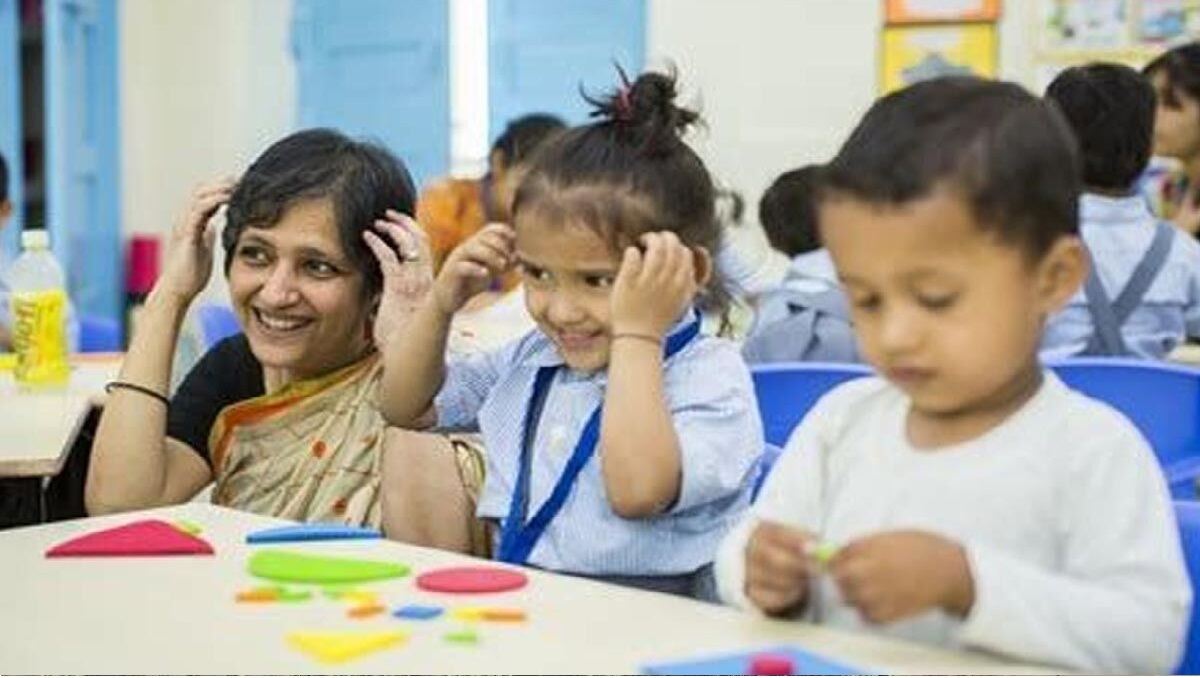New Delhi. To make education more enjoyable, experiential and stress-free, the Ministry of Education has issued guidelines to implement “Bagless Days” for students of classes 6 to 8. Developed by PSS Central Institute of Vocational Education, a unit of the National Council of Educational Research and Training (NCERT), the initiative is in line with the National Education Policy (NEP) 2020. The guidelines were released on the fourth anniversary of NEP 2020.
Including bagless days in the study will have many benefits
The guidelines state, “The idea behind the 10 Bagless Days is to integrate these as an essential part of the teaching and learning process in the existing study plan for classes 6-8. This will not only bridge the gap between theoretical knowledge and its practical application but will also introduce students to the skills required in various work sectors, helping them in making future career choices.” The NEP 2020 recommends that all students of classes 6-8 should participate in the 10-day bagless period.

Internships for students
According to the guidelines, “every student of Class 6-8 will engage in a fun curriculum that includes survey and practical experience of critical vocational skills such as carpentry, electrical work, metal work, gardening, pottery making, etc., as prescribed by states and local communities as per local skill requirements.” All students will participate in a 10-day bagless period sometime during Class 6-8, during which they will undertake internships with local vocational experts such as carpenters, gardeners and potters, the ministry said.
Schedule and activity slots
The guidelines suggest that “10 Bagless Days activities can be accommodated in the annual calendar. However, it is advisable to keep two or three slots. While developing the annual action plan, all subject teachers may be involved. If necessary, indoor and outdoor activities may be combined on the same day.”
The NCERT guidelines outline a variety of activities, including visits and surveys to vegetable markets; excursions for charity work; surveys and report writing on pet care; kite making and flying; organising book fairs; sitting under banyan trees; and visiting biogas plants and solar energy parks. These activities are aimed at providing students with practical learning experiences outside the traditional classroom setting.